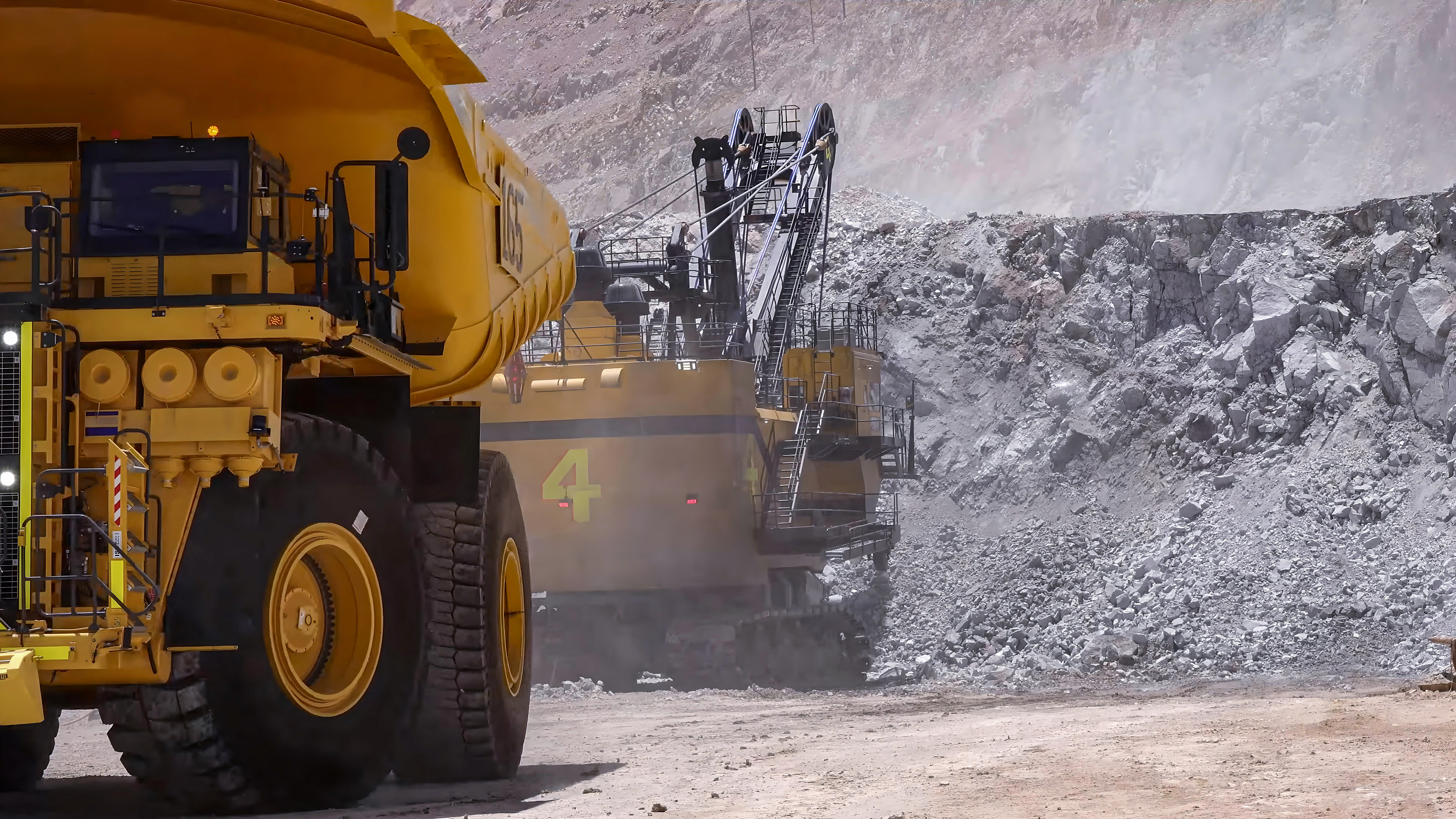Rio Tinto is putting the focus back on its organic strategy after its high-profile merger talks with...
Join Our Newsletter List
Never miss the latest strategies for protecting and growing your wealth.
Join our mailing list.
Actionable Insights From The Top Money Experts
We bring you the insights of the world’s top money experts and then connect you with like-minded, independent, trustworthy professional financials.
U.S. Energy Secretary Chris Wright gave the International Energy Agency (IEA) a 1-year deadline to s...
Silver’s latest downdraft has been a reminder that this “inflation hedge” can trade like a high-beta...
US copper headlines have been dominated by talk of a “glut,” but the data focus we see on mining-dot...
At a dinner for Indonesian President Prabowo Subianto hosted by the U.S. Chamber of Commerce, 11 dea...
On February 18, 2026, Fusion Fuel announced what it called a “transformational agreement” to acquire...
In the first tranche of Japan’s $550B U.S. investment commitment under its recently negotiated trade...
Camino reported a standout drill intercept at its "Los Chapitos" copper project in Peru:83.5 metres ...
As U.S. and Iranian officials begin a second round of nuclear talks in Switzerland and a second U.S....





.jpg)
-3.jpg)


-Feb-18-2026-03-12-20-1566-AM.jpg)
